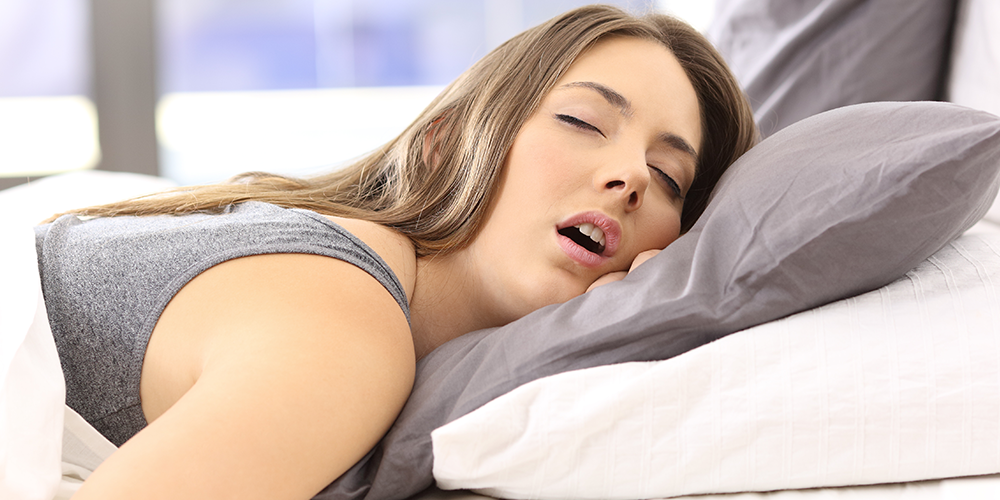Winter weather means dry air in Cedar Rapids, IA. Dry air is what causes static electricity and chapped lips. Many viruses and bacteria thrive in low-humidity environments, so if you’re having trouble shaking a winter illness, dry air could be to blame. Dry air in the winter is caused by a lack of moisture, and it can affect more than your skin; it can also cause humidity sleep problems. Individual room humidifiers can help, but they need to be refilled and cleaned often.
A whole house humidifier could be the answer you’re looking for to solve your humidity sleep problems. A whole house humidifier can keep you comfortable at night while improving your indoor air quality. The right indoor humidity level can make a big difference in your sleep schedule. Contact Novak Heating, Air & Duct Cleaning today to learn more about the humidity levels in your home.
How Does Humidity Affect Sleep?
If indoor humidity levels are too high or too low, you’ll notice this imbalance while you sleep. Air that is too dry can make it harder to breathe at night by irritating the airways in your nose and throat. Low humidity can also cause eye and skin irritation. High humidity can make it uncomfortable to fall asleep and receive good sleep quality. Sweating a lot is a common sleep problem caused by humidity. Molds, dust mites, mildew, and other allergens thrive in moist, high humidity conditions. Humidity sleep problems caused by these allergens are worse for those with increased allergy or asthma symptoms.
High and low humidity can disrupt your sleep cycles in a number of ways. When you sleep, your body goes through four distinct stages. The third stage, or the “slow-wave” sleep stage, is incredibly important for a restful night’s sleep. This is when your body temperature, heart, breathing rate, and brain wave activity all reach their lowest point. This stage is important for tissue repair, bone and muscle recovery, and a healthier immune system. According to the Sleep Foundation, high humidity sleep problems can increase wakefulness and make it difficult to reach this important third stage of sleep. If you wake up and you don’t feel rested, check the humidity level of your bedroom.
What Is the Best Humidity Level for Sleeping?
Humidity is often measured by relative humidity. Relative humidity is the ratio of water vapor in the air to the amount of vapor that can exist in the air at any given temperature. Warm air can hold more moisture than dry air. That’s why it’s much more humid in hotter temperatures.
Your indoor humidity should be around 60%. You can use a humidistat to find out how humid your home is and how you need to adjust. Most people also enjoy sleeping at a slightly cooler temperature. Set your thermostat to 65 degrees at night to keep comfortable.
If you’re still having humidity sleep problems, consider putting a humidifier in your bedroom. A humidifier can help with the moisture content in the air and create the perfect environment for sleeping.
Benefits of a Whole House Humidifier
A whole house humidifier is ideal for families. Instead of having a humidifier in each bedroom, now you can have one humidifier that can help the humidity in every room. A whole house humidifier is installed in your ductwork and controlled by the thermostat. Your whole house humidifier will automatically drain and refill, which eases the work you need to do to maintain it. It should be inspected every year along with your furnace.
After you have a whole house humidifier installed, you may notice a decrease in your heating bills too. This is because when the air is more humid, it feels warmer. Your furnace needs to kick on less frequently because it’s easier for your home to maintain a comfortable temperature.
Learn More about Humidity from the Indoor Air Quality Experts at Novak
Not sure if your home is too humid, or not humid enough? The indoor air quality experts at Novak can help! If you’re experiencing chronic sleep issues during the winter, a whole house humidifier may be the perfect solution for your humidity sleep problems. Call us today to learn more.

